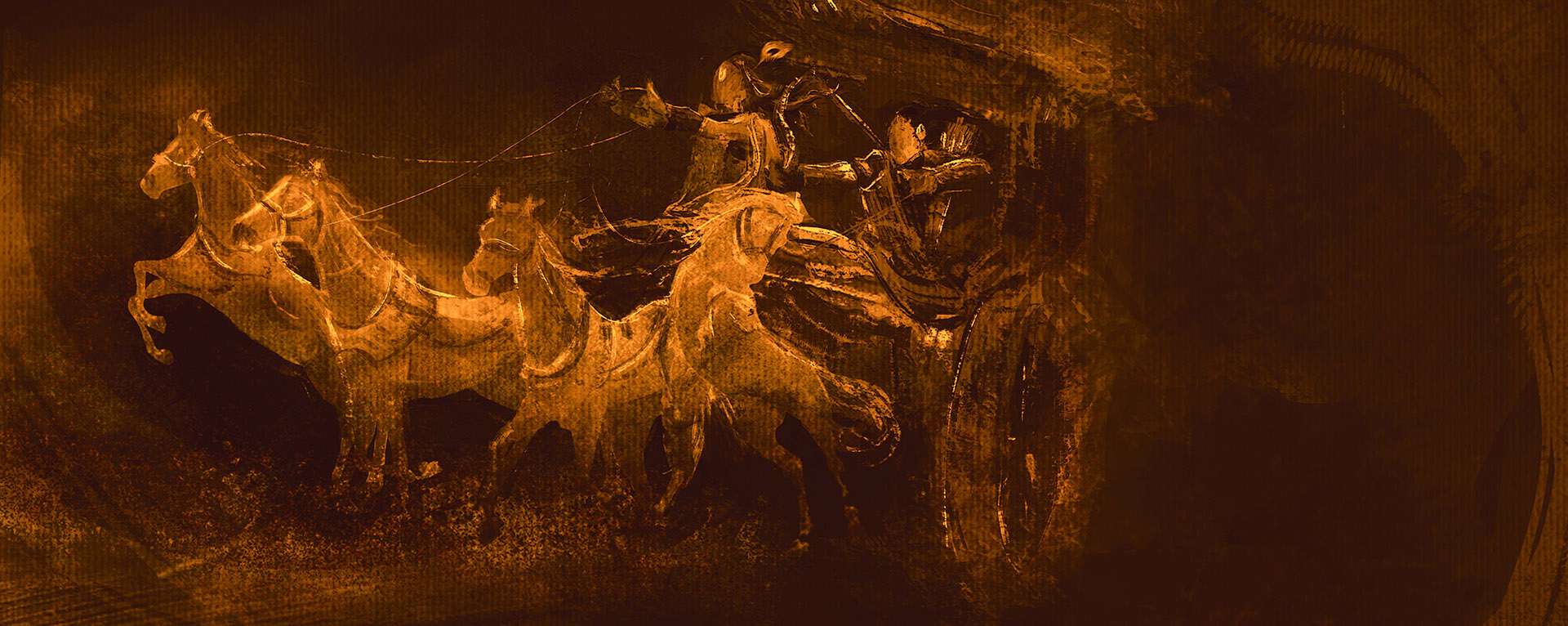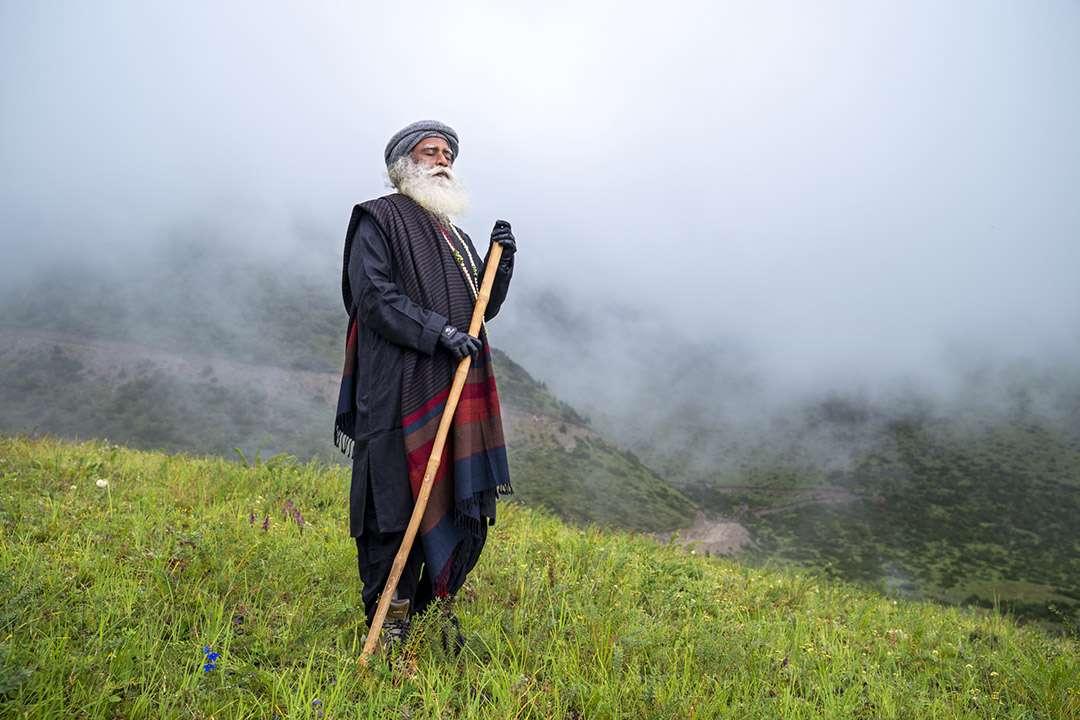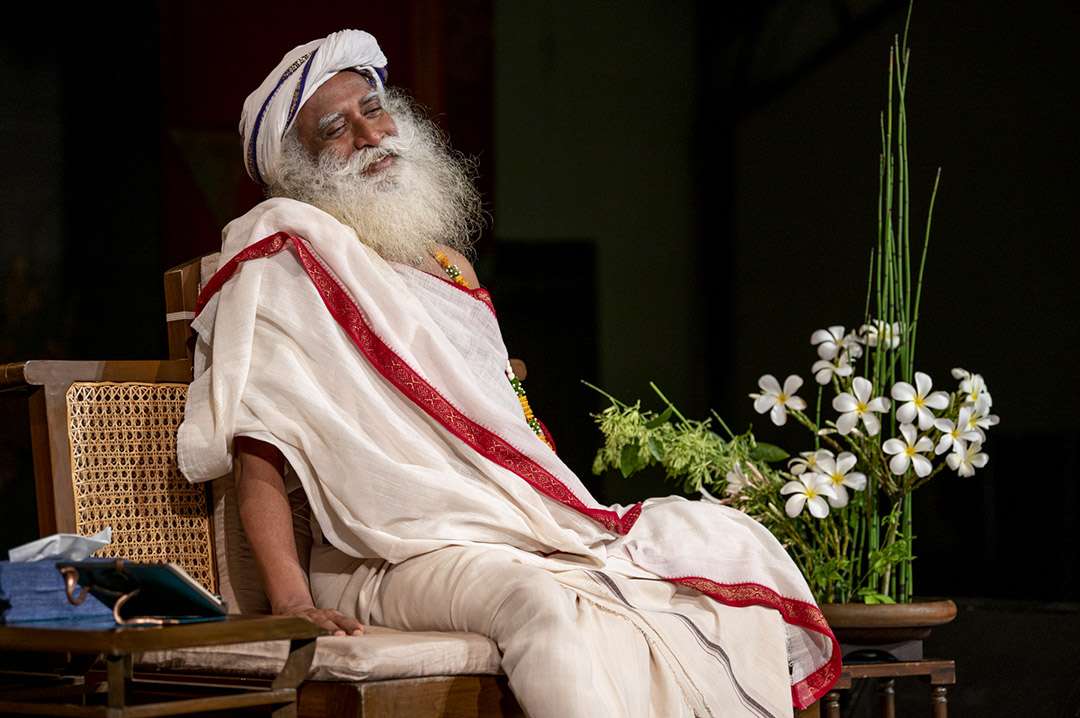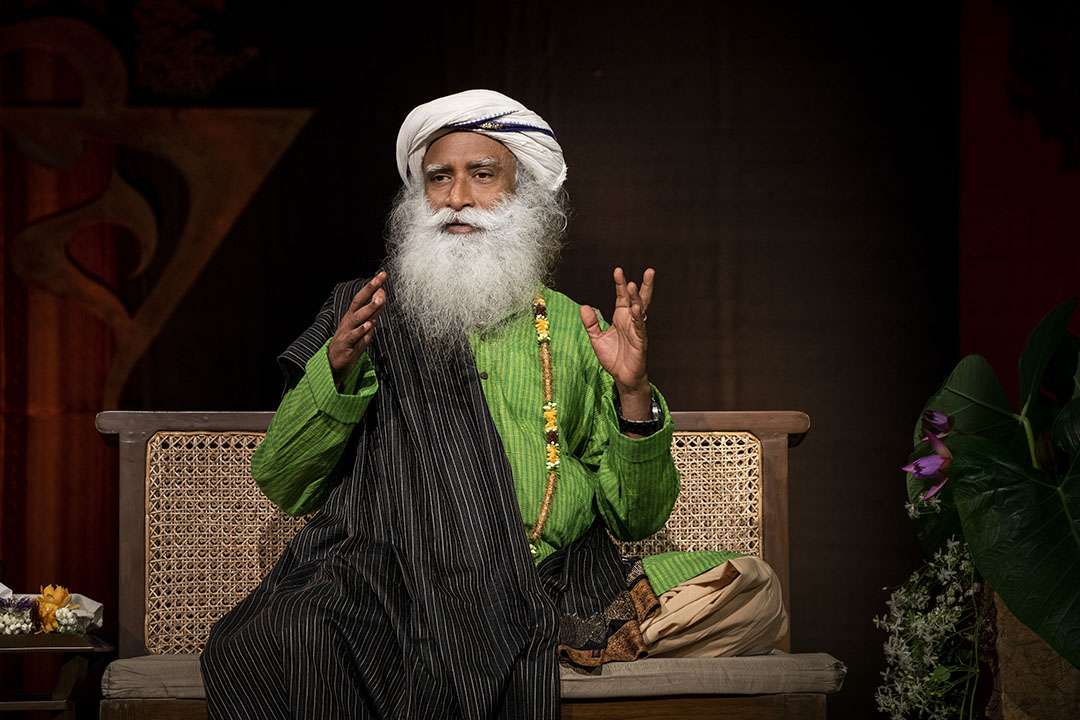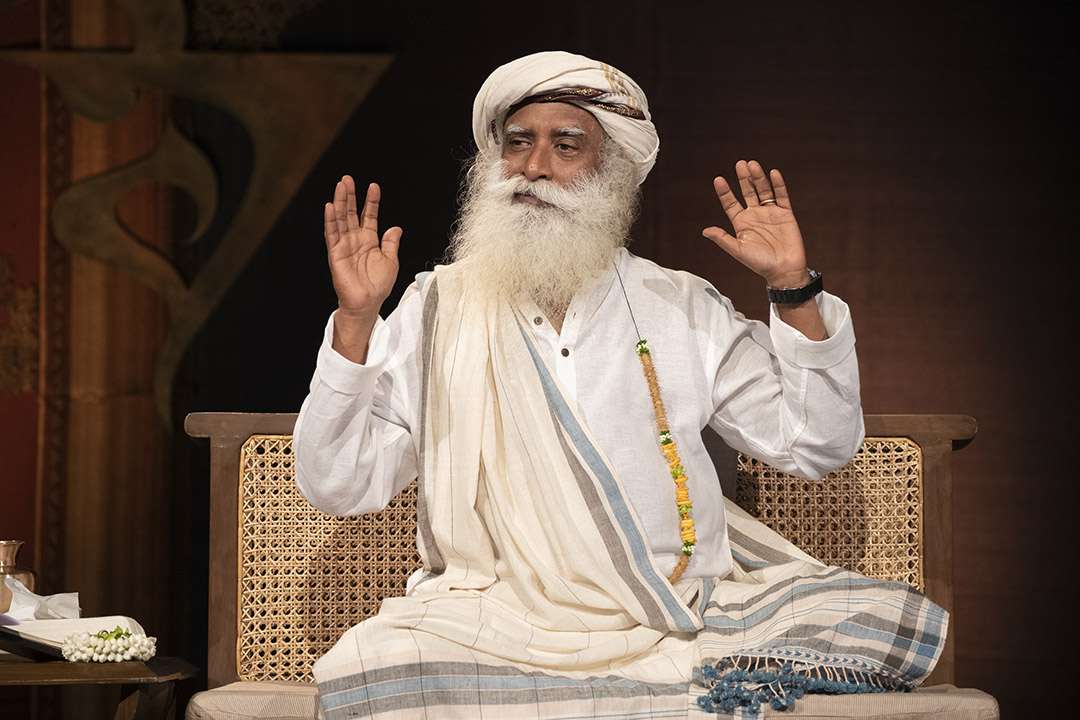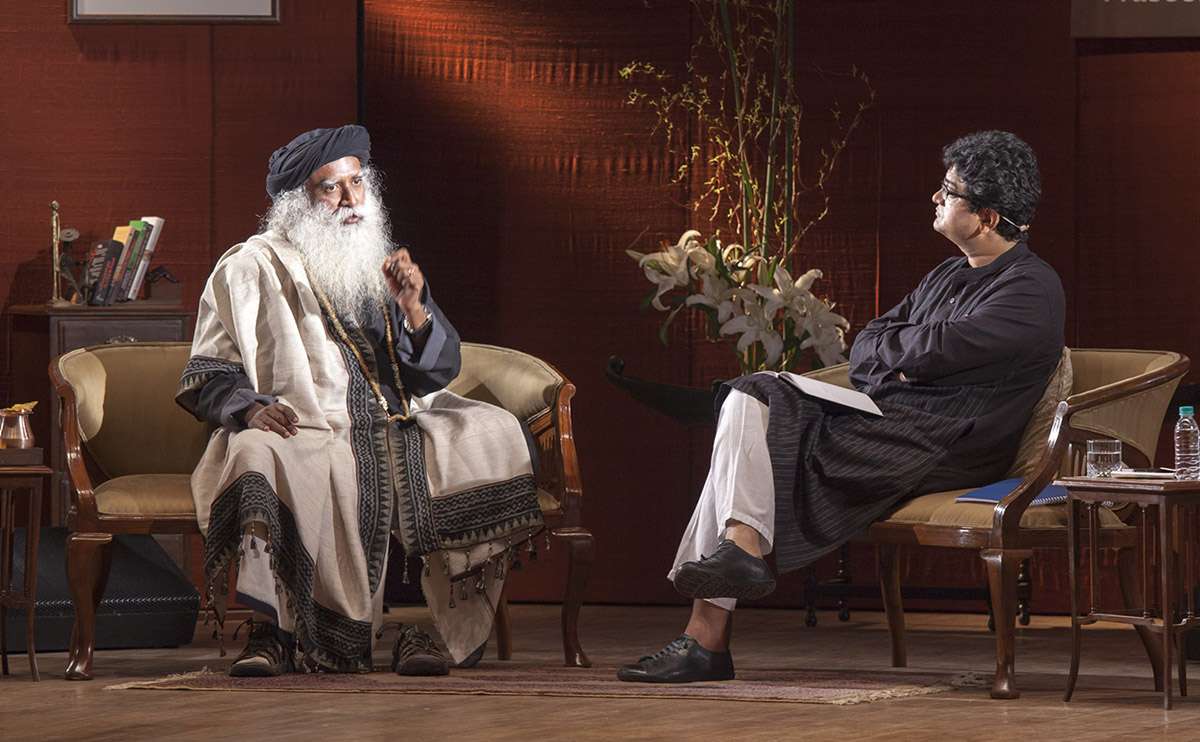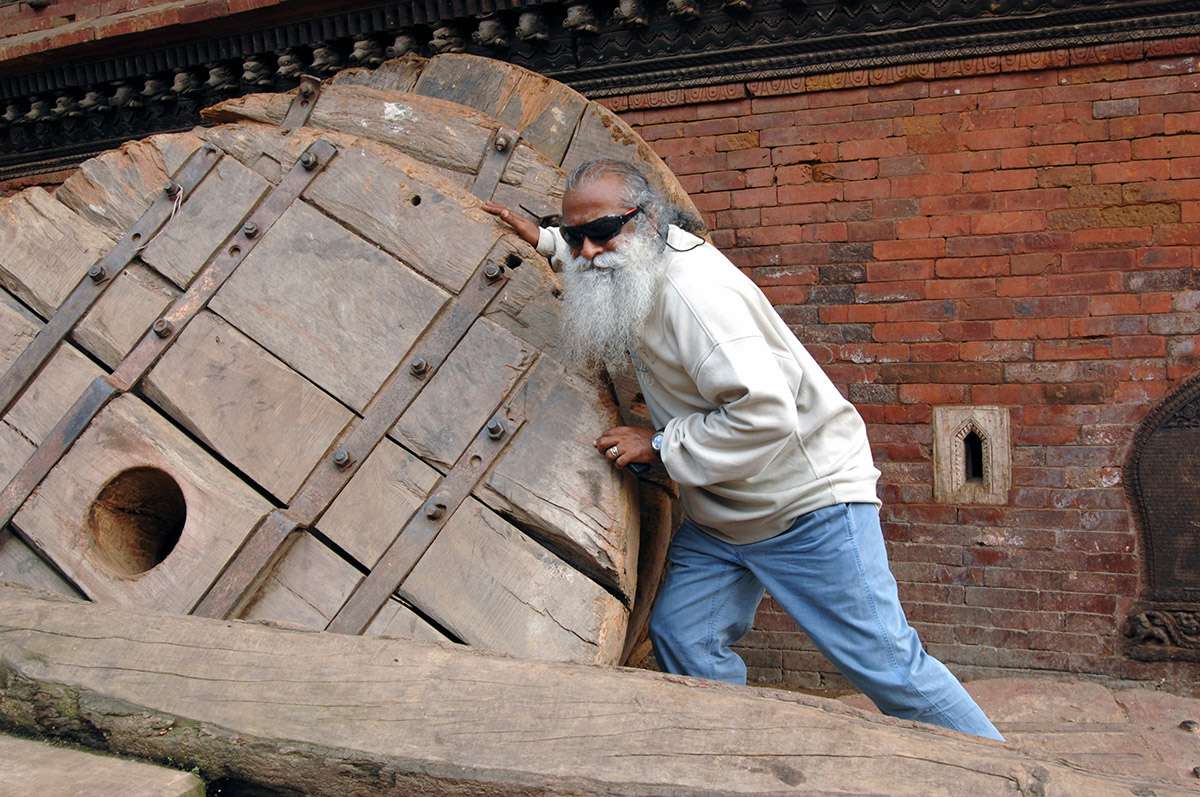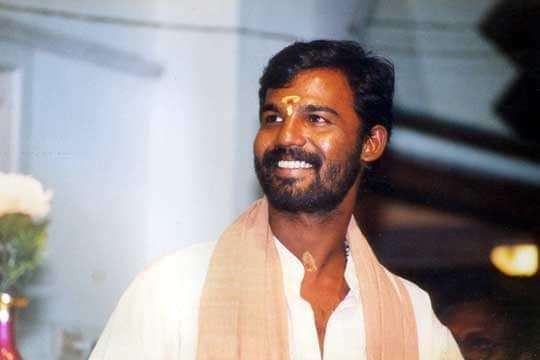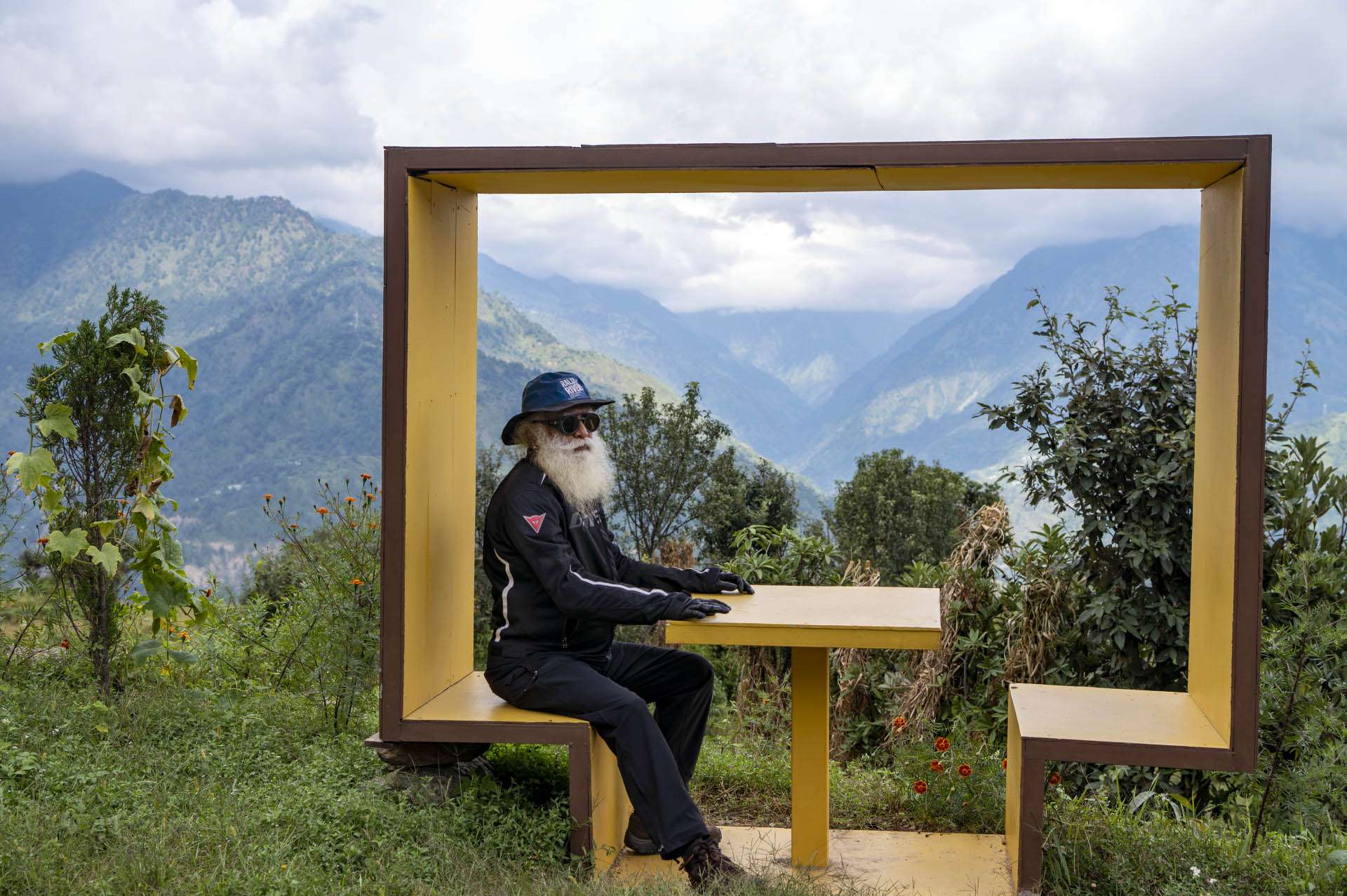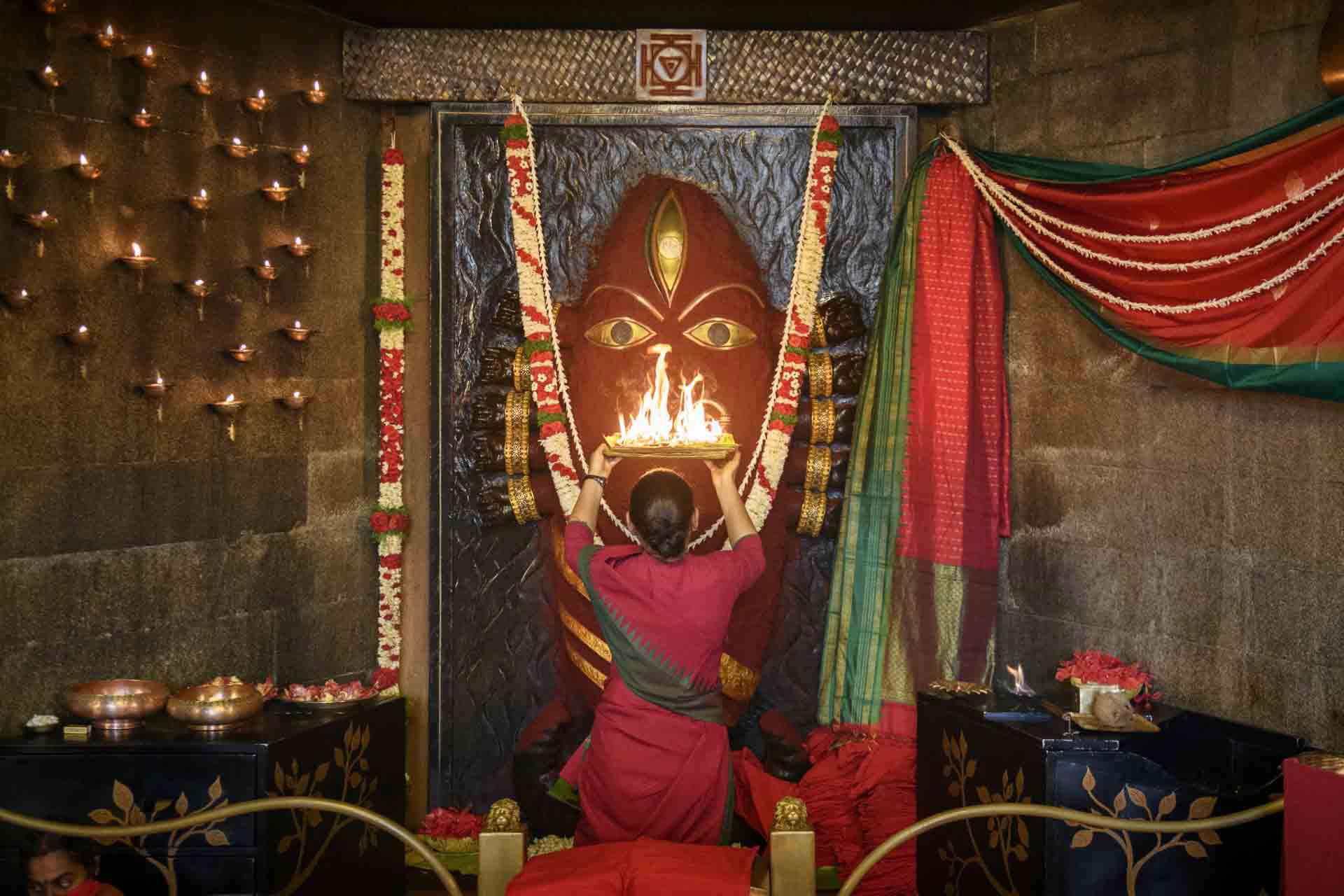Questioner: Sadhguru, being from the West and not being so familiar with Mahabharat, my question is, did Mahabharat really happen, or is it just a story?
Sadhguru: The ancient books that you find in this country have been categorized into three different categories – the vedas, the puranas, and itihas. Vedas are about abstract ideas. Puranas are stories of beings that are not human. Itihas is the story of the human being. Shiva’s story is called Shiva Purana, not Shiva Itihas – this is important. We say Shiva Purana, but we do not say Krishna Purana.
The Wisdom Behind the Story
If you talk about history in the West, the nature of the Western intellect is to analyze it, try to get the facts as far as possible, and present it as facts and analysis. Whether someone lived or not five thousand years ago does not make any difference in your life. When history is written in this country, it is done in such a way that it will always be relevant for people. The story and the events did happen, but they are presented in such a way that it is not simply a factual analysis but a live process.
Even if human beings read this story after a thousand years, it will still mean something to them. It is written in that context, because “his story” is not important for me – “my story” is important for me in this life. I want to enrich “my story” with “his story;” I do not want to burden myself with his story. History can be a burden, you know.
The story and the events did happen, but they are presented in such a way that it is not simply a factual analysis but a live process.
There are many facts in American and European history that are hidden in history books as far as possible because they show the ugliness of humanity. At the same time, people who suffered want to keep it. In the history books, everything is described as facts and analysis. If the same thing was said in the fashion in which Mahabharat is told, everyone should know the story so that we do not repeat those mistakes once again. Instead of carrying history as a burden on your head, you can carry history as a solution in your life. That is Mahabharat. We are carrying this 5000-year history like a solution to our lives.
Mahabharat Is a Live Process
What is in this book could be everywhere but what is not in this book is nowhere. Everything that a human being can go through is in the Mahabharat in some form. It is for you to glean it out of the story. If you go through the story like a live process, you will become like Yudhishthira in the end – clean of all these things. If you think it is someone else’s story, you will sit and analyze, “Is Arjuna a good guy or a bad guy? Is Duryodhana a good guy or a bad guy?” Unfortunately, this has so badly infected human mind today that you cannot sit here without judging anyone – even if the man died long ago.
He died 5000 years ago but you have to pass a judgment on him – this is your arrogance, and it will be your downfall. That is what the last part of the story is saying: Do not waste your time and life trying to analyze people who lived here 5000 years ago. We want to see how “his story” can enhance “my story.” This is Mahabharat. It is the way it is rendered which is different. Historically, did it happen? Yes, it did. There are places, events, and certain buildings that still exist.
Do not waste your time and life trying to analyze people who lived here 5000 years ago. We want to see how “his story” can enhance “my story.”
There are books in certain families who maintain their lineages. I happened to meet someone in Rajasthan. They opened this parchment book and showed me, “See, it is written here that we are the 333rd generation of Suryavamshis. According to our book, Rama was some 9000 years ago. We are living as Suryavamshis even today. We belong to his lineage. We have maintained the blood relationship.”
A Story Can Be a Tool for Transcendence
The story definitely happened, but it is rendered in such a brilliant way that it will always be relevant. It will not become ancient history that we are not interested in reading. You will see that probably in the next twenty to thirty years, Mahabharat will become very popular across the world. Because the idea is not to tell someone else’s story. A story is one thing that a human being naturally wants to pay attention to.
If you give a teaching, no one wants to listen. If you tell a story, everyone wants to listen. And modern educational research clearly says that if only everything were rendered as stories or plays, people would go through the process of education without suppressing their intelligence. If you go into a school and tell them, “A + B = C,” children will crawl under the table and disappear. But if you tell them a story, they will come and sit here.
As physical wellbeing comes to people, it is very important that human beings explore their consciousness in whichever way possible. We want to make Mahabharat really popular, not because it is the history of this country, but because it is your story and everyone's story. It is the same story for every living human being. Did it happen historically? It definitely did.

